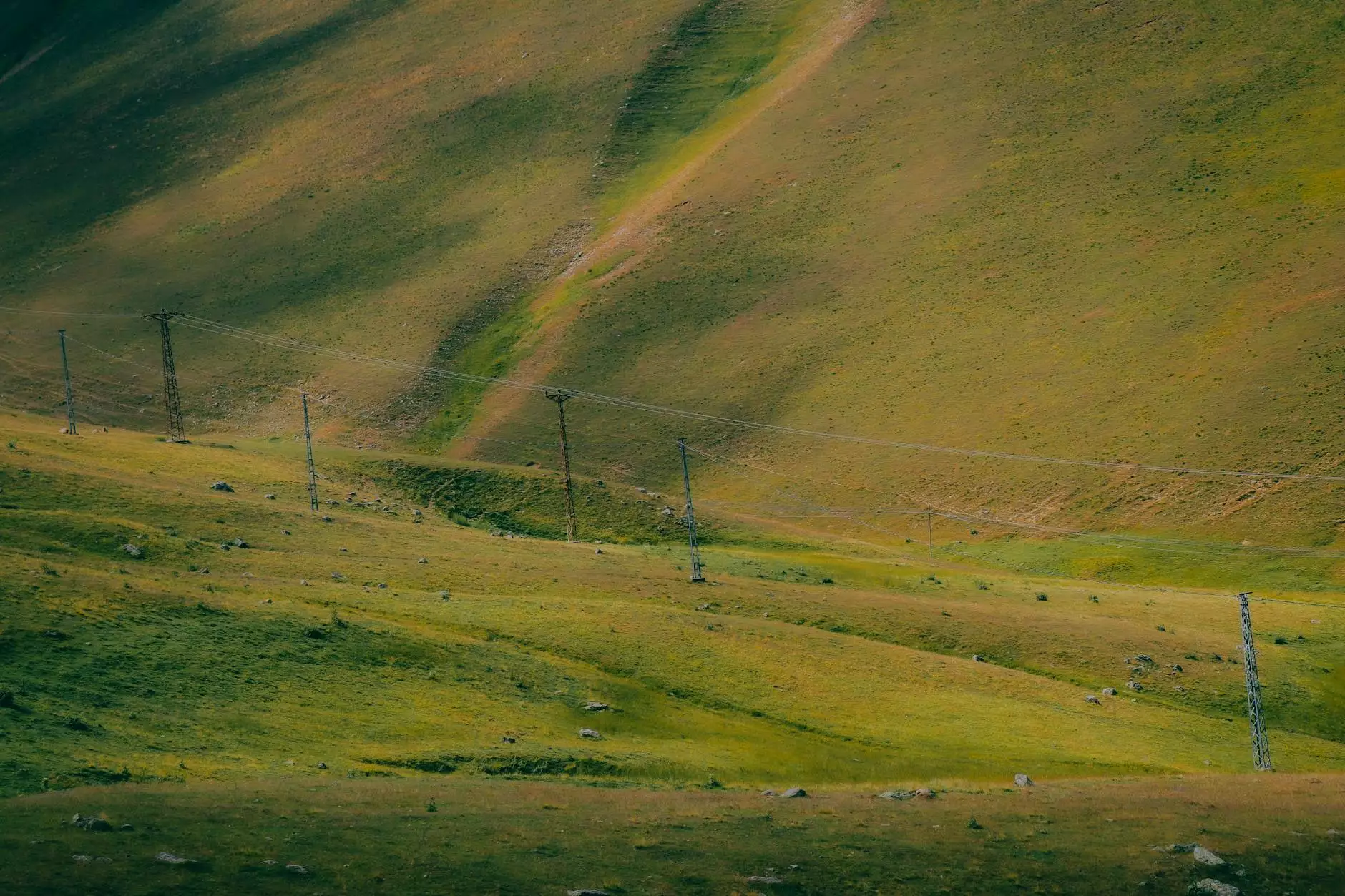Understanding Operetta Music: Definition, History, and Influence

Operetta music is a form of musical theater that beautifully intertwines song, spoken dialogue, and dance to convey stories, often with a lighthearted or comedic touch. It occupies a unique space in the realm of performance arts, distinguishing itself from both traditional opera and musicals.
The Definition of Operetta Music
At its core, the operetta music definition embodies a blending of various artistic forms. The term "operetta" is derived from the Italian word for "little opera," indicating its lighter, more comedic nature. Typically performed in two acts, operettas feature a narrative that is often fanciful or satirical, allowing for entertaining plots that appeal to a broad audience.
Historical Context of Operetta
Operetta emerged in the mid-19th century, primarily associated with composers like Jacques Offenbach in France, who is often regarded as the father of the genre. Offenbach's works, such as "Orpheus in the Underworld," infused operetta with a playful spirit and catchy melodies. The genre later gained popularity in countries like Austria and England, evolving through contributions from composers such as Franz Lehár with his famous operetta, "The Merry Widow."
The Birth of Operetta: Key Milestones
- 1858: Jacques Offenbach's "Orpheus in the Underworld" premiered, establishing key operatic conventions.
- 1897: Franz Lehár's "The Merry Widow" became a significant success, influencing operetta's popularity across Europe.
- 20th Century: Operetta began to blend with popular music and emerging musical theater forms, paving the way for modern interpretations.
The Musical Characteristics of Operetta
Operetta music is noted for its vibrant melodies, charming orchestration, and eclectic instrumentation. Let’s explore some defining musical characteristics:
1. Melody and Composition
Operetta songs are often catchy, designed to be instantly memorable. Composers use a mix of styles, ranging from simple and lyrical to complex and dramatic. This accessibility helps establish a genuine emotional connection with the audience.
2. Styles and Genres
Within operetta, there exists a diversity of styles. For instance, some pieces incorporate elements of folk music, while others may reflect popular contemporary music trends. This stylistic range allows operettas to feel both timeless and relevant.
3. Role of Spoken Dialogue
A distinguishing feature of operetta is the integration of spoken dialogue with musical numbers. This blend enhances the narrative flow, often adding humor or dramatic tension to the storyline.
Thematic Elements in Operetta
Operetta often revolves around themes that resonate with universal human experiences. Here are some common themes that define operetta narratives:
1. Love and Romance
At the heart of many operettas lies a romantic storyline, often involving misunderstandings, disguises, and ultimately, joyous reunions. This theme invites audiences to engage emotionally with the characters’ journeys.
2. Satire and Social Commentary
Many operettas employ satire to critique societal norms, politics, or class structures. Through humor, the genre provides insight into cultural contexts, making audiences contemplate significant issues in a lighthearted manner.
3. Celebration of Life
Operettas often embody a celebratory spirit, with vibrant music and humor. This aspect helps create a sense of joyous escapism for audiences, which is an essential feature of the genre.
The Influence of Operetta on Modern Music
The legacy of operetta extends far beyond its historical origins, influencing various forms of modern music and theater.
1. Impact on Musical Theater
Operetta laid the groundwork for the development of American musical theater. The integration of spoken dialogue with song, coupled with its engaging storytelling, can be seen in the works of musical theater giants like George Gershwin and Leonard Bernstein.
2. Pop Culture References
Elements of operetta have been absorbed into various aspects of pop culture, from movies to television shows. The playful melodies and comedic elements resonate with contemporary audiences, ensuring operetta remains relevant.
Noteworthy Operettas and Their Legacy
Several operettas stand out as landmarks within the genre. Here are a few noteworthy examples:
1. The Merry Widow
Composed by Franz Lehár, "The Merry Widow" is celebrated for its enchanting melodies and intricate plot. It epitomizes the romantic themes prevalent in operetta and has been adapted into numerous productions worldwide.
2. The Desert Song
This operetta by Harpur MacDonald set in North Africa, combines romance with adventure, showcasing the genre's diversity. Its memorable songs have made it a classic in 20th-century music.
3. H.M.S. Pinafore
Written by Gilbert and Sullivan, this operetta blends humor and a satirical take on British politics. Its catchy tunes and witty lyrics have contributed to its lasting popularity.
The Future of Operetta Music
As we look to the future, operetta continues to evolve, merging with modern musical trends and exploring new themes. The digital age allows for broader access to operetta works, enhancing engagement through multimedia platforms. Here’s what we can expect:
1. Innovative Productions
New adaptations of classic operettas are emerging, incorporating modern elements such as multimedia effects and innovative staging to appeal to contemporary audiences.
2. Cross-Genre Collaborations
Expect to see exciting collaborations between operetta and other music genres, such as pop, rock, and electronic music. These partnerships will likely resonate with younger audiences, ensuring future generations appreciate the operetta tradition.
3. Educational Outreach
Many organizations are prioritizing educational initiatives to introduce young people to operetta. Through workshops and performances, the enchanting world of operetta music can continue to inspire future artists and audiences.
Conclusion: The Enduring Charm of Operetta Music
Operetta music remains a vibrant and integral part of the cultural landscape. Its rich history, charming melodies, and memorable narratives offer timeless appeal. As both a form of entertainment and a reflection of human experiences, operetta will undoubtedly continue to captivate audiences for generations to come.
In summary, understanding the operetta music definition, its historical significance, and its lasting influence on modern music is crucial for appreciating this delightful genre. By celebrating operetta, we are not merely preserving a musical form; we are nurturing a shared cultural heritage that continues to evolve and inspire.
To explore operetta music further, visit our category on Music & Video for rich content reflecting its enduring allure.









